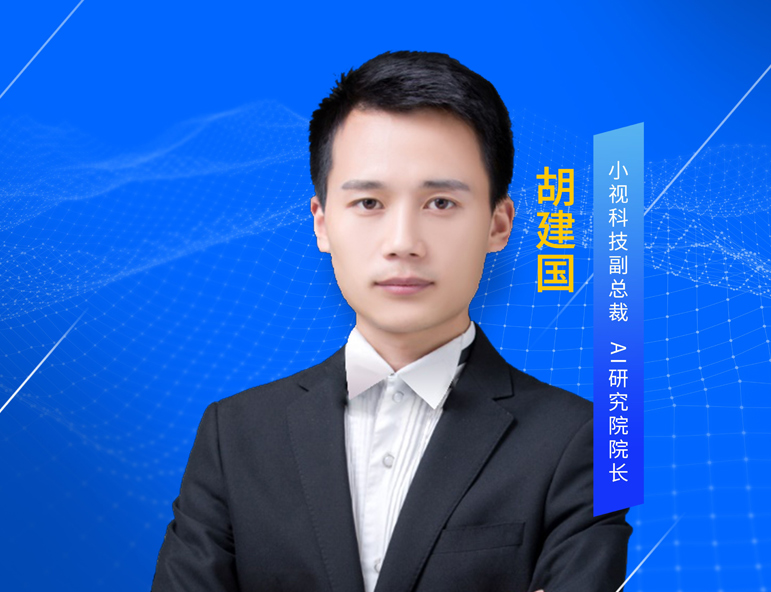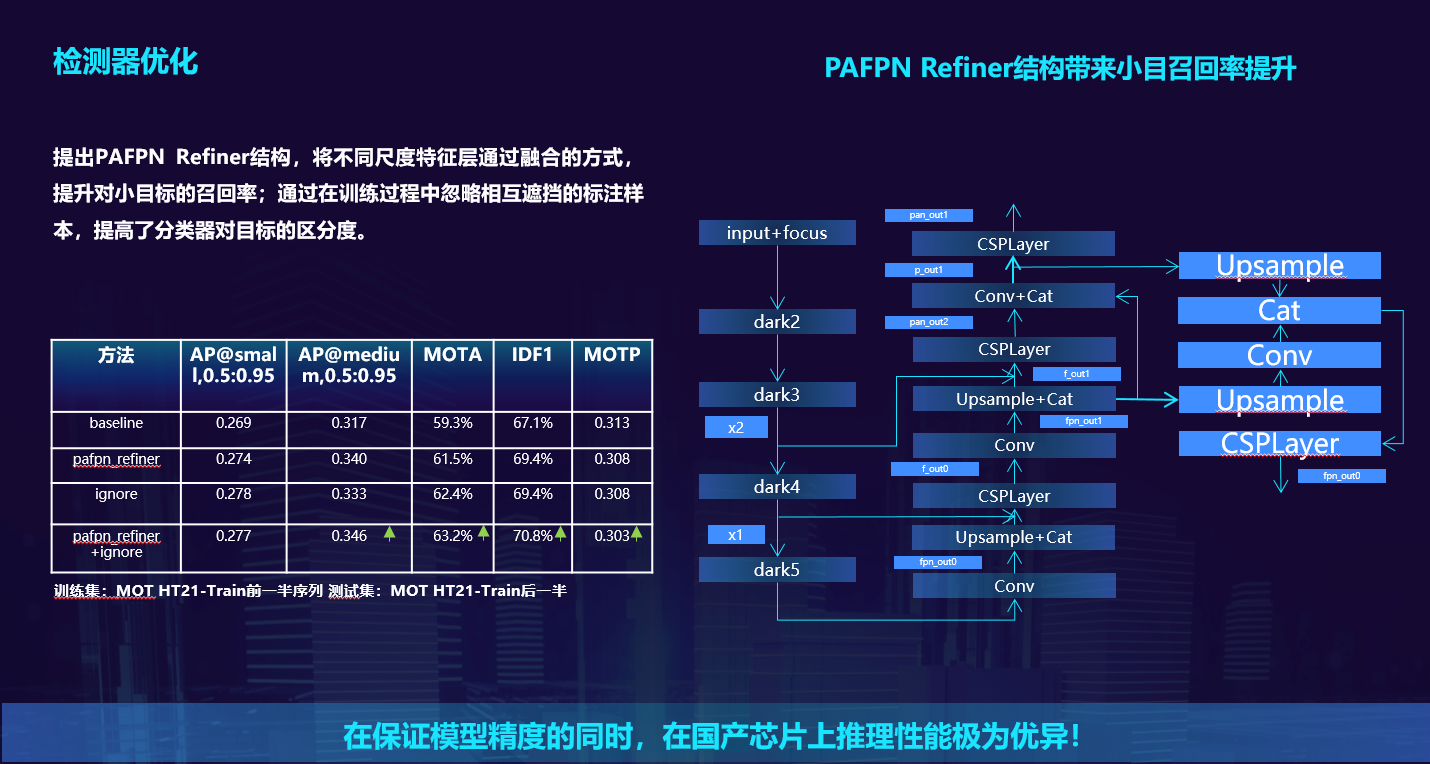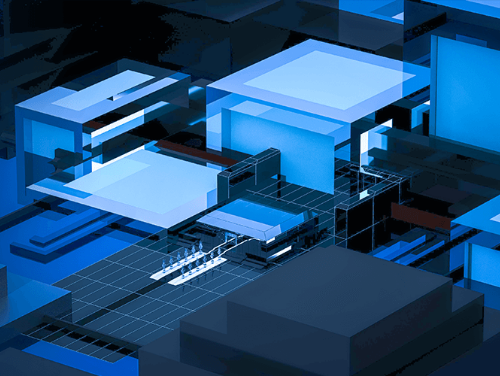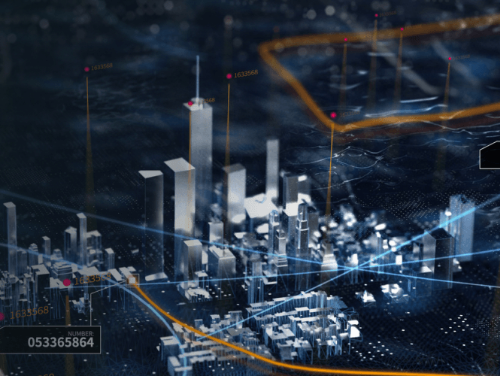On January 9th, the seminar on high-quality integration and security applications of artificial intelligence, titled "Intelligent Integration, Quality Benefit, and Future", was held in Beijing by the National Industrial Information Security Development Research Center.
As one of the sections of the third conference on the integration of industrialization and digitization, the forum aims to implement the spirit of the 20th National Congress of the Communist Party of China and assist in the high-quality and safe development of artificial intelligence. Numerous entrepreneurs from the AI field communicate online about new products, technologies, and developments.
Hu Jianguo, Vice President of Minivision Technology and President of AI Research Institute, was invited to attend the forum and deliver a keynote speech on "Smart City Vision, Creating a Quality and Beneficial Life".

President Hu analyzed the changes in demand and technical challenges for the implementation of artificial intelligence technology under the trend of urban digital development, and shared the "small vision experience" of urban governance with the guests.
Currently, there are three main pain points in the implementation of urban AI: data, algorithms, and computing power. In the process of urban digital transformation, the difficulty in collecting massive data leads to insufficient sample size; The algorithm has poor accuracy and does not meet the application requirements; The collaboration between computing power and algorithms is poor, and the cost of computing power is high. In his speech, President Hu gave a detailed introduction on how to start with engineering platforms and algorithm technologies to solve the above problems.
On the one hand, the Minivision annotation training platform has connected the "last mile" from data to AI. President Hu said, "In the algorithm production process, the annotation training platform can not only ensure algorithm accuracy, but also significantly reduce dependence on large sample data." In the face of urban governance scenarios, the Xiaoshi team can meet the customized algorithm requirements of various commissions and offices, achieve better dense set collaboration, and break the gap between algorithm requirements and data.
On the other hand, the intelligent visual center platform adopts a high-performance algorithm scheduling strategy, with algorithm inference oriented towards diversified product forms such as end, edge, and cloud, greatly reducing algorithm application costs, computational power costs, and engineering scheduling costs.

The Minitrack solution improves both performance and accuracy
In terms of algorithmic technology, Minivision's Minitrack technology route brings a dual improvement in performance and accuracy. Usually, around 90% of the computing power expenditure is concentrated in the key link of detection and tracking. President Hu mentioned that "our technical roadmap can significantly reduce the computational complexity of the algorithm in this link and maintain a high level of accuracy." It is precisely with the Minitrack solution that Xiaoshi Technology won the double championships of MOT17 and MOT-HT21 in the international multi target tracking MOT Challenge last August.
Nowadays, the Minivision intelligent visual center platform has been implemented in more than 10 provinces and cities, including Jiangsu, Zhejiang, Shanghai, Gansu, Shanxi, etc., providing efficient empowerment for grassroots governance, smart kitchen lighting, smart municipal governance, campus safety, and safe production in various scenarios.











